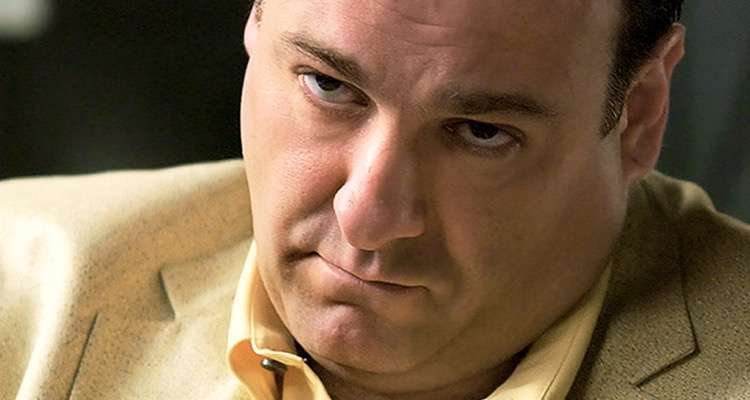
Earlier this month, DMN Pro revealed that Spotify had successfully migrated more than 99 percent of its subscribers into bundled packages in the all-important US market, part of a dramatic shift that started in March 2024. Now, the pushback is expanding beyond the music publishing sector, forcing Spotify to potentially reconsider those royalty downgrades.
According to fresh deal terms confirmed to Digital Music News over the weekend, Spotify and Universal Music Group (UMG) have finalized a multi-year agreement encompassing recorded music and music publishing with important direct-licensing components.
It’s a first-of-its-kind deal on the publishing side and a signal of a potentially colossal royalty correction ahead.
A significant aspect of the refreshed agreement is a direct licensing arrangement between Spotify and Universal Music Publishing Group (UMPG) in the United States and other regions. This direct deal is the first of its kind since the Music Modernization Act of 2018, and signals a potentially profound shift in the dynamics between streaming platforms and music publishers — and their label group parents.
As of this weekend, it’s unclear exactly how Spotify’s deal with UMPG changes the publishing payout structure, particularly for bundled royalties. However, at least two sources noted that UMPG is getting substantially better payouts than the statutory mechanical royalties being metered out to other publishers, particularly regarding bundled plans. That involves a substantial rollback or modification of bundling-based discounts, though it’s unclear whether Spotify is doing away with them entirely.
But that could change very rapidly as mega-label groups like Warner Music Group, Sony Music Entertainment, and even Merlin start making demands—potentially with the threat of content removals on the recording side. You can almost feel the rumblings coming ahead, particularly given that UMG tends to set the tone for ‘downstream’ deals involving smaller major labels and IP owners.
One reason is that the MMA pact is simply breaking down, with music publishers effectively despising Spotify for exploiting statutory loopholes to pay them less. That includes UMPG, one of the largest music publishers in the world, which has become increasingly vocal about its mistreatment by Spotify. After a year of fruitless pushback, perhaps it was time for a sit-down with UMG’s bosses.
Leading up to this point, major music publishers—represented by the NMPA and its battling CEO David Israelite—spent a good chunk of 2024 pushing back against Spotify’s bundling shenanigans, which involved significantly lowered royalty payments to publishers and songwriters. The Mechanical Licensing Collective (MLC) even sued Spotify over the bundling shifts, though Spotify has been litigating back.
At one point, David Israelite even started pushing for a direct licensing structure between music publishers and streaming platforms to complement current statutory rates. Israelite certainly has the pull on Capitol Hill, though it’s unclear where those direct-licensing efforts stand now.
Either way, Spotify’s message to publishers has been extremely unfriendly. Given the predefined statutory rates and agreements, publishers have little recourse outside protracted legal battles and protests that rarely make it outside of industry circles.
Total US-based Spotify subscribers, November 2024, broken down by tier (Source: DMN Pro).
In the agreement announcement, Universal Music Group said its Spotify agreement supports its “Streaming 2.0” vision, which seeks to reshape the economics of music streaming and ensure fairer compensation for artists and songwriters. That vision includes new product developments and offerings, including new subscription tiers, bundled content offerings, and enhanced audio and visual experiences.
And, of course, there’s the reset on bundles combining music and non-music content.
That includes previously established rules like a 1,000-stream-per-annum threshold for triggering payments and weeding out the ‘noise’ of background sounds and AI-generated recordings.
(As a humorous aside, one indie label manager called this ‘Streaming 2X’ given that UMG is using its muscle to get a bigger cut from Spotify. Indeed, UMG has been shifting the tables to drive more revenues into their coffers and away from indie labels, producers of background tracks, and AI factories, among other camps.)
Sir Lucian Grainge, Chairman and CEO of Universal Music Group, expressed his enthusiasm for the deal, stating that it aligns perfectly with UMG’s ‘Streaming 2.0’ vision. “When we first presented our vision for the next stage in the evolution of music subscription several months ago—Streaming 2.0—this is precisely the kind of partnership development we envisioned,” Grainge relayed.
“This agreement furthers and broadens the collaboration with Spotify for both our labels and music publisher, advancing artist-centric principles to drive greater monetization for artists and songwriters, as well as enhancing product offerings for consumers.”
Got a tip? Confidentially email news@digitalmusicnews.com, text +1 (310) 804-0560, or Signal to digitalmusicnews.07.
Share on:
Color me skeptical. Without details about the new rates, this is just spin.
Wondering if co-writers who are not signed to UMG get the “un-bundled” new rate. Not wondering where the money comes from to pay UMG its separately negotiated unbundled and “artist-centric” rates; since the revenue pot is finite, it comes from every other track. Don’t lose sight of the real issue for songwriters: label masters still take 4x more than songs get.
